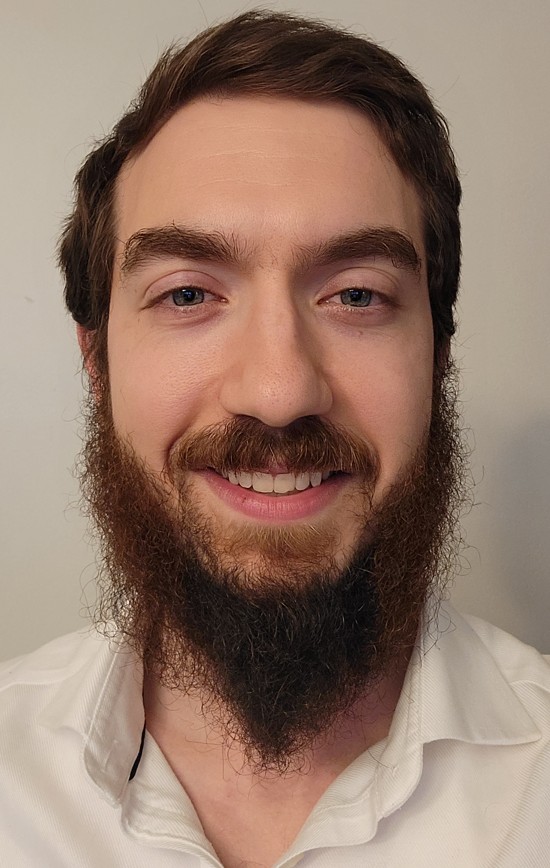The prevalence of eating disorders like anorexia and bulimia is on the rise, and they are not discriminating against any race, ethnicity, social class, or religion, including members of the Jewish community. The culture of the Jewish people heavily revolves around gatherings with family, friends, and large quantities of food.
The Jewish community often connects through food. Each Jewish holiday is associated with a meal consisting of multiple courses. For example, observant Jewish people observe Shabbat (the Holy Sabbath), which commences every Friday night at sundown and traditionally includes a festive dinner. In general, people who are sharing their celebrations will provide food to the community; people who are mourning will receive food from the community; friends and families who gather feed each other.
Additionally, Orthodox Jews typically follow Jewish law strictly abiding to tradition and customs. Orthodox Jewish couples are often set up by a matchmaker, and although the meetings are brief, it is not uncommon that they decide rather quickly whether they will spend the rest of their lives together. Thus, the pressure on the woman to be presentable and “marriage material” in a limited timeframe is stressful and reiterates the importance of appearance.
The food-related traditions within the Jewish culture combined with the pressures to be thin in today’s society can strongly influence the development of an eating disorder.
The Jewish Community Steps In
According to an article in the Washington Times, health experts say eating disorders are “underreported among Orthodox Jewish women and to a lesser extent others in the Jewish community, as many families are reluctant to acknowledge the illness at all and often seek help only when a girl is on the verge of hospitalization.”
One study conducted by Dr. Ira Sacker of ultra-Orthodox and Syrian Jewish communities in Brooklyn found that one out of 19 girls was diagnosed with an eating disorder, which is a rate about 50 percent higher than the general U.S. population.
Despite these startling findings, the Jewish community is increasingly aware of the prevalence of eating disorders and making efforts to combat the horrendous illness. For example, community leaders have designed teen clubs and support groups to help Jewish teens focus on their Jewish identity and not be overly influenced by diet culture.
One of these groups is called “Bat Mitzvah Club,” and the goal is to provide teachings and activities for girls as they progress through their teenage years. The group aims to keep the girls involved in the Jewish community and focus on their self-concept, which tends to decrease significantly as they enter adolescence.
Another project that was fashioned by the Union for Reform Judaism was the creation of the Litapayach Tikvah: To Nourish Hope. This is a brochure that is commonly shared through Jewish communities to educate about the prevalence of eating disorders. More recently, eating disorder industry conferences will have professionals who are educated on the Jewish culture, influences on eating disorders, and how to proceed in treatment present to other eating disorder professionals as a way to better treat Jewish people.
Where to Go from Here
If someone in the Jewish community is suffering from an eating disorder, it is important to seek help from a professional in an individual or a group setting. To serve the specific needs of Jewish adults, Walden now offers a virtual eating disorder program specifically for the Jewish community. The name of this program is B’SHALOM.
B’SHALOM in Hebrew translates to “with peace.” The mission of this program is to create a space of treatment where Jewish identifying individuals can feel peace in their bodies, peace in their faith, and peace in their eating disorder treatment. The treatment team includes folks across a wide range of Jewish practice and observance, and they are licensed professionals who understand the importance of kosher meal planning, rituals around food, historical context, and the role of religion in eating disorder recovery.
We know finding treatment can be tough. Walden is here for you. If you are concerned that you, or a loved one, may have an eating disorder, please reach out by completing the form on this page or email us at intake_coordinators@waldenbehavioralcare.com.
 Shlomo (Solomon) Bogart (he/him/his) is an adult clinician at Walden Behavioral Care in Guilford, CT, and has been with Walden for 3 years. Shlomo was raised Orthodox/ Hassidic and was ordained as a Rabbi in 2010. Shlomo was a high school yeshiva teacher and mentor at the local boys yeshiva and girls high school in New Haven, CT, before pursuing his degree in counseling at Touro University.
Shlomo (Solomon) Bogart (he/him/his) is an adult clinician at Walden Behavioral Care in Guilford, CT, and has been with Walden for 3 years. Shlomo was raised Orthodox/ Hassidic and was ordained as a Rabbi in 2010. Shlomo was a high school yeshiva teacher and mentor at the local boys yeshiva and girls high school in New Haven, CT, before pursuing his degree in counseling at Touro University.
*This blog post does not necessarily represent the views of Walden Behavioral Care and its management. The Walden Blog is meant to represent a broad variety of opinions relating to eating disorders and their treatment.







